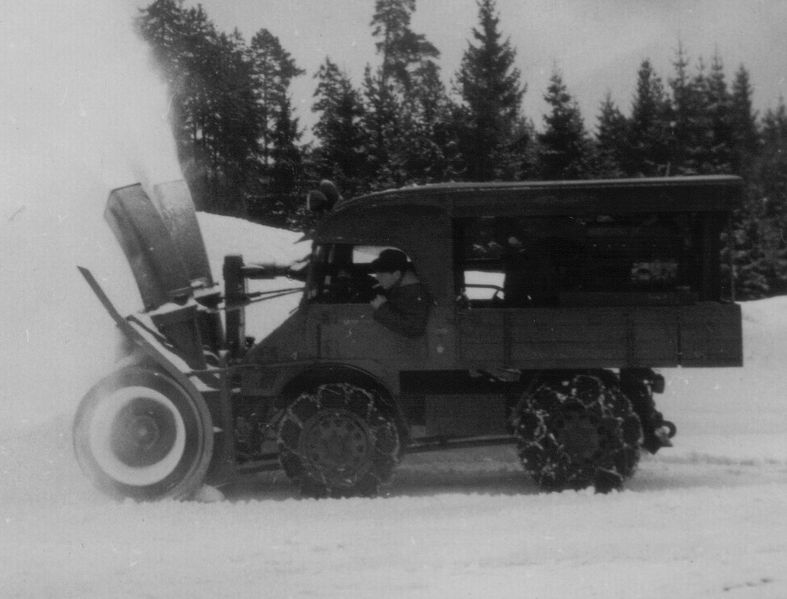At left, a 7x64 Mannlicher Schonauer rifle with single trigger. Hemingway used its cousin (double set trigger) in Africa. It is a fine shooting rifle.
Beats the Model 700 all to hell.
So, today we're talking about staying on target.
You all remember the big scene from
Star Wars of the fighter group diving into the trench on the bombing run and Dutch saying "Stay on target.....stay on target" before blowing up? Well, don't go and watch the thing again. I did a couple weeks back and it doesn't age well at all. The theatrical release is jumpy, inconsistent in edits, and campy as hell. Surprise.
We do need to swoop into the canyon and stay on target without blowing up, though. Elizabeth Craig has a great piece on outlining vs. seat-of-the-pants over on her blog
here. I really liked the essay and suggest you read it too.
There is a danger in planning too thoroughly that you kill spontaneity and your own joy. (my words not hers). There is a danger in not planning enough that you won't survive the crafting process through the draft and finish .... unfinished. Do any of us really need another great unfinished manuscript hanging about? Really?
So, how do we stay on target?
I can speak of what I've found: day notes.
Even if I don't work on a piece, I spend fifteen minutes to a half-hour (coffee helps) thinking about where I am, what I like about that, where I need to go, and what the characters are perceiving that maybe I didn't understand initially as I was drawing on the wall like a graffiti artist in the middle of the night. [ Hi Hart ! I had boys, too]. I have a sheet of paper around, usually fill it with notes.
Sometimes I use full sentences. Sometimes I use arrows and such that later I look at them and say WTF?
The point is: I'm thinking about the WIP, loading it into my mind and giving myself a chance to have something happen I didn't think was possible before I started. The notes? I have source for later.
I'm working in three ring binders for a story right now so I punch holes and keep the longhand, the notes, and any other source all together in the binder. Unlike Mitt, I don't seem to have binders and binders of women. I do have binders and binders of lies, deceit, murder, and other nefarious activities.
I outline before I start. The outline has a good deal of prose in it and the whole business represents that first telling of a story: the one we all have to just survive so we can revise and improve. Thank you, Ron Carlson. (book here :
Ron Carlson Writes a Story.
I keep day notes every day of a work I am pounding away at on a draft. I give myself permission to move away from the original story if inspiration tells me something works better. I'll do that even when I'm cutting the first prose draft and haven't written even one version true to the outline.
I give myself permission to make considered departures.
That's the key: I make considered departures because the rational part of my writer's brain has made reflective judgments as to the worth of those departures.
I move between inspiration (pants) and the outline in successive drafts because I've told the story a couple of times. I have confidence in the narrative to change it, change characters, change actions.
My method is a synthesis between the pantser and outliner.
Sounds sexy when I say it that way.
Now, I'm off to stop talking about writing and do some of it. I've a draft within measurable distance of the end tonight (Orwell,
1984 ) and before I'm forced to journey to room 101, I'm going to finish.
Try the outline. Have it record those important pieces that cement the scenes together. Then give yourself permission to move away from that outline even in the first draft when you have made some considered reflective judgments about alternatives that work better for you.
I read something today that I think came from an after-action of Thrillerfest and Anne Rice: Write the story you want.
I couldn't say it any better. After all the work this stuff is, to be happy in our work is to write the stories we want. If splitting the difference between pantsing and outlining helps: good. It's a target that is easy to follow.
It's something to think about, after you're done writing.










